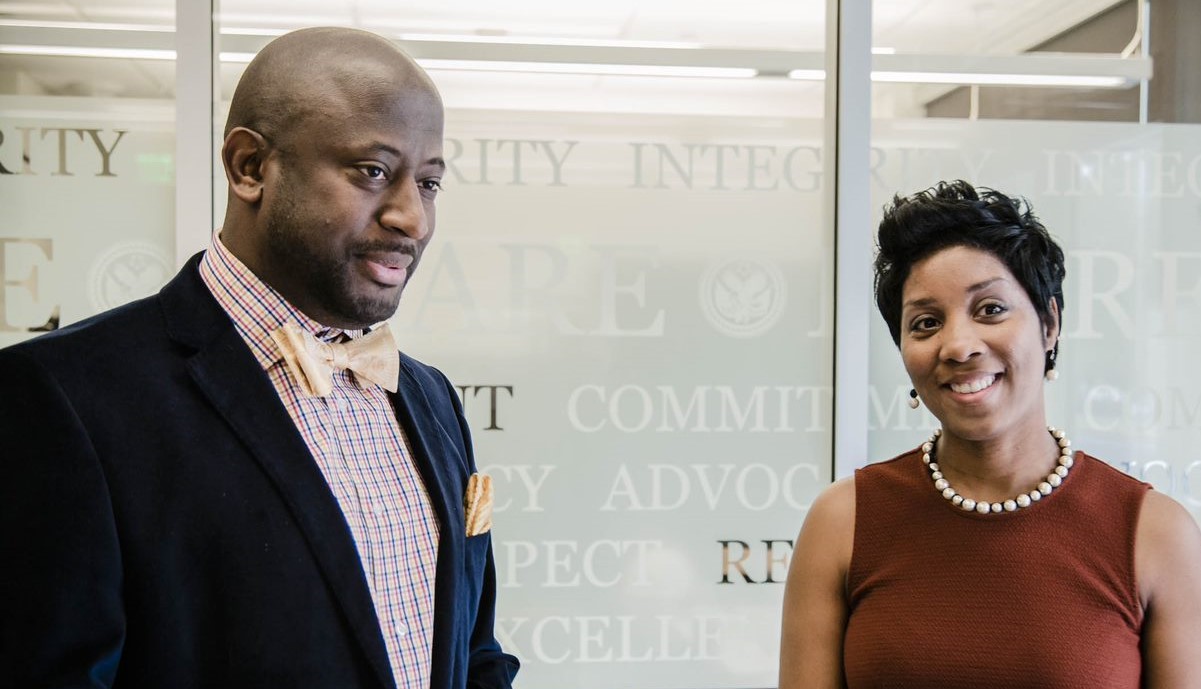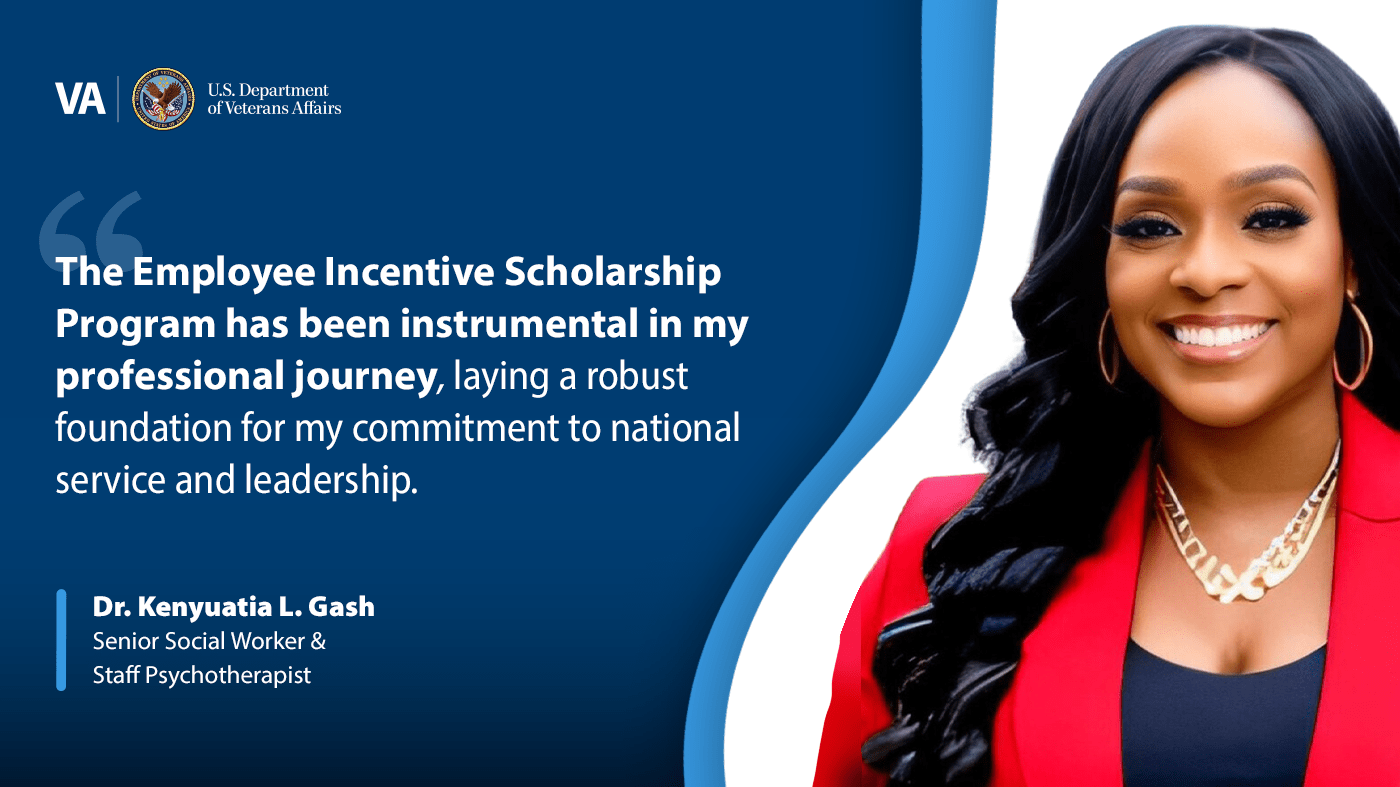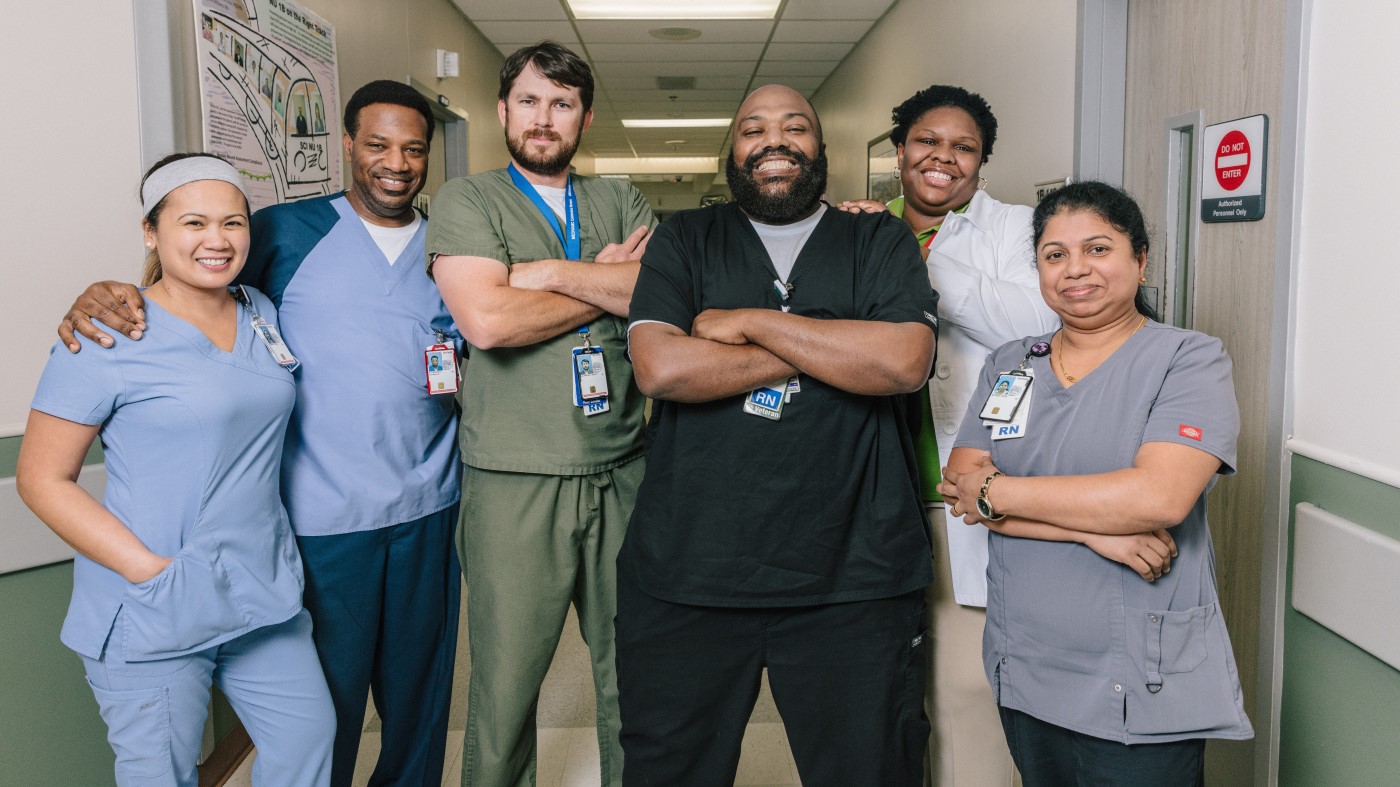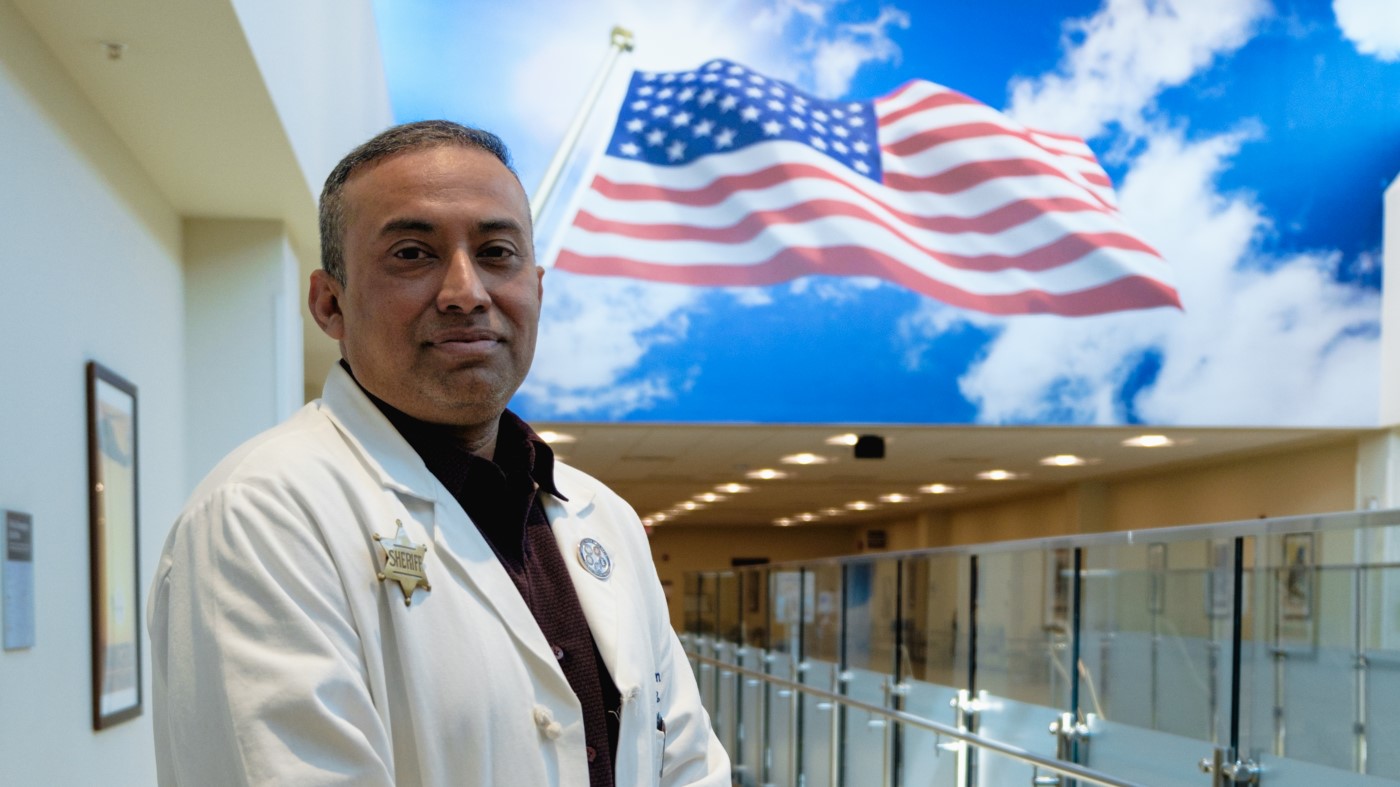Our nation’s Veterans leave the military with unmatched career skills developed during years of focused training and service.
While media outlets have reported that transitioning military and spouses are often underemployed and lack clear paths to a post-military career, VA and other partners stand at the ready to help you pursue a successful civilian career.
Pathway to a health care career
Veterans have a long history of working in civilian health care. In fact, four Navy corpsmen who had received medical training during their service became the first physician assistant trainees in 1965.
Military experience continues to translate well to a job at one of the hundreds of VA facilities across the country. Combining your deep understanding of Veterans culture with your military health care training is a recipe for success. The VA Careers transitioning military personnel initiative has developed a pipeline to these jobs, and Veteran applicants often receive preference for openings.
Don’t have a health care license? Our Intermediate Care Technician (ICT) program is a perfect option for former military corpsmen and medics.
As an ICT, you can use the skills you acquired during active duty to work in emergency departments, mental health, geriatrics, primary care, dermatology or surgical services. ICTs support the delivery of acute patient care for VA units or clinics through these and other duties:
- Performing complex technician-level diagnostic and treatment procedures.
- Providing intermediate/advanced paramedic-level care.
- Assessing and managing ambulatory patients (i.e., obtaining patient health history, chief complaints, medication history and health-related conditions affecting the patient’s status).
- Evaluating patients for medical conditions, ordering diagnostic studies and performing a wide range of treatment procedures under physician supervision.
- Assisting in crisis intervention, management of aggressive patients or patients at risk of death by suicide and one-on-one observations.
Then, go on to grow and shape your skills through VA programs like the Healthcare Leadership Institute, Senior Leadership Academy and VA Leadership Institutes.
A VA career also boasts great benefits like premium-paid health insurance, robust retirement and accommodations to make the workplace accessible.
Check out this post on five great VA jobs that you might qualify for with your military training.
Explore your educational options
Maybe you’d like to explore a different path in your post-military life. While going back to school can seem daunting, VA is focused on making it easier for workers to balance school, work and life through scholarships, repayment options and flexible work schedules.
We offer several scholarships — like the Employee Incentive Scholarship Program (EISP) and the National Nursing Education Initiative (NNEI) — that can help you continue your health care education without piling on debt. The VA National Education for Employees Program (VANEEP) pays your full salary and up to $40,117 toward the cost of higher education.
Don’t wait until after your service has ended to start thinking about your next steps. During your final 180 days, you can take advantage of the Department of Defense’s SkillBridge for training, apprenticeships and internships. You’ll get real-world work experience while making valuable connections with industry partners.
Jobs for military spouses
We know your service wouldn’t have been possible without the support of your spouse — and that’s why the Military Spouse Employment Partnership (MSEP) is dedicated to helping current and former military spouses find their dream jobs.
The program connects military spouses with more than 390 affiliated employers who have committed to recruit, hire, promote and retain military spouses.
Check out this post on how VA is actively recruiting military spouses for careers serving Veterans and watch this video featuring Tracey Therit, VA chief human capital officer; Cheryl Mason, chairman of the board of Veterans’ appeals at VA; and Maurice Sloan, assistant director of human resources policy and programs at VA’s Veterans Benefits Administration, answering questions on the MSEP program.
Choose VA today
Start your next mission serving and caring for fellow Veterans. See if a career with VA is right for you.
- EXPLORE VA careers for transitioning military.
- GET more information on the Military Spouse Employment Partnership program.
- SEARCH by keyword for an open position near you or view careers by location.
- LEARN about the benefits of a VA career.
- CHOOSE VA for your career in health care at www.VAcareers.va.gov.
Topics in this story
More Stories
Through programs like the Employee Incentive Scholarship Program (EISP), VA employees like Dr. Kenyuatia L. Gash have received financial support in pursuit of their education.
Providing better outcomes for diverse Veterans means finding ways to reach them, whether on a personal level or on a geographic level.
As a chief of staff, you’ll have many important responsibilities, but also an opportunity to make positive change for our team and the Veterans we serve.







The Veterans administration is still broken and unresponsive. Too much dead wood personnel that are useless. Get rid of them and hire an unemployed veteran that is willing to work!
Why don’t you help unemployed Verenans before employing spouses? Nepotism?
The glitter of improved graphics in VA Ads is admirable and the promises have been pumped up also, but as a 100% Combat Disabled Veteran the end results in attention to detail when I come in for Emergency or Triage Treatment does not measure up as acceptable or even subpar. With my first and ongoing Congressional Assist after over 20 years of treatment with VA it took 4 months for proper treatment and results to happen. Now that COV-19 has intervened and my most recent appointment was agreeably postponed, I don’t know where it’s going but improvement after 4-months is not acceptable. I’m concerned because the issue appears to be another added area to my spinal injuries which makes my
entire spinal column now in shreds. I have hopes for a turnaround which I know can happen. There are professionals hidden in the halls of St Louis VA System who have pride about them to want to do the best for us, but getting to them through a clogged system of intermittent failures of diagnosing, scheduling, and assigning to the proper department is
indicative of serious systemic issues which need more focused human hands involved. And I pray a lot over this.